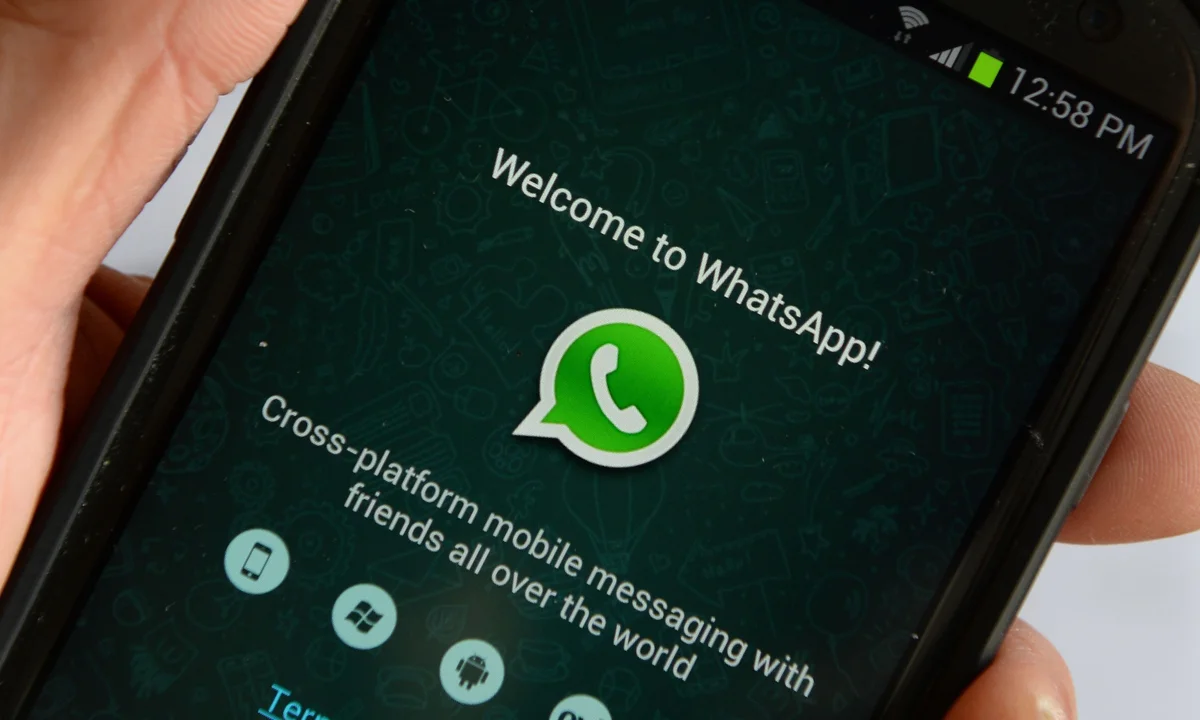Introduction
Cybersecurity experts gave a major warning after a massive WhatsApp account hacking campaign. It uses thousands of malicious URLs to trick users into giving attackers full access to their accounts.
The investigation revealed a rapid increase in WhatsApp phishing URLs. Many of the fake WhatsApp Web login portals were used to deceive users. This threat has triggered a global cybersecurity alert for WhatsApp users.
How the WhatsApp Phishing URLs Work
The hacking operation relies heavily on social engineering WhatsApp attacks. Where victims are lured into clicking fake links. These links are disguised as WhatsApp Web login pages, message backup portals, security verification pages and QR code authentication tools. Once a user interacts with the link, hackers redirect them to a fake page. It collects their data or generates a malicious QR code. If scanned, the attacker gains instant access to the victim’s WhatsApp account. This technique is highly effective because it mimics WhatsApp Web’s interface almost perfectly.
Global Impact of the Mass-Scale Phishing Campaign
Cyber experts warn that this is one of the largest mass-scale phishing campaigns.
The attacks have been detected across Middle East, Europe, South Asia, Africa and Latin America. It is a top-tier cyber threat of 2025.
Why the WhatsApp Web Hacking Trend Is Growing
Analysts suggest several reasons for the rise in WhatsApp Web hacking news.
1. Higher dependency on WhatsApp Web
Millions of users now use WhatsApp Web for work. As a result, it becomes easier for attackers to target them.
2. Lack of security awareness
Many users cannot distinguish between real and fake URLs. So, they become vulnerable to phishing attacks.
3. Increased use of QR authentication
The secure QR codes can be exploited through imitation pages. They can be combined with social engineering tactics.
How to Protect Yourself
Experts recommend the following against this WhatsApp account hacking campaign.
✔ Verify URLs Before Clicking
Always check the domain.
Official WhatsApp Web uses:
web.whatsapp.com
Anything else is suspicious.
✔ Avoid Scanning Unknown QR Codes
Never scan QR codes sent by strangers or unknown messages.
✔ Turn On Two-Step Verification
This adds a strong security layer even if hackers have temporary access.
✔ Enable Login Alerts
WhatsApp notifies you when your account is accessed from another device.
Act immediately if you receive an unexpected alert.
✔ Improve WhatsApp Security Awareness
Stay updated about phishing trends, new cyber threats, and global hacking campaigns.
Why Cyber Threats 2025 Require Higher Vigilance
Experts warn that cyber threats in 2025 are becoming more sophisticated. The reasons are AI-generated phishing links, automated attack systems, faster malware distribution. Platforms like WhatsApp is used by billions has become a primary target.
Conclusion
Thousands of malicious URLs are detected in the latest WhatsApp account hacking campaign. This marks a serious moment for global cybersecurity. The phishing tactics have become more advanced. Users must prioritize WhatsApp security awareness. They must adopt stronger safety practices to protect their data. Staying informed and cautious is the best defense against online threats.





